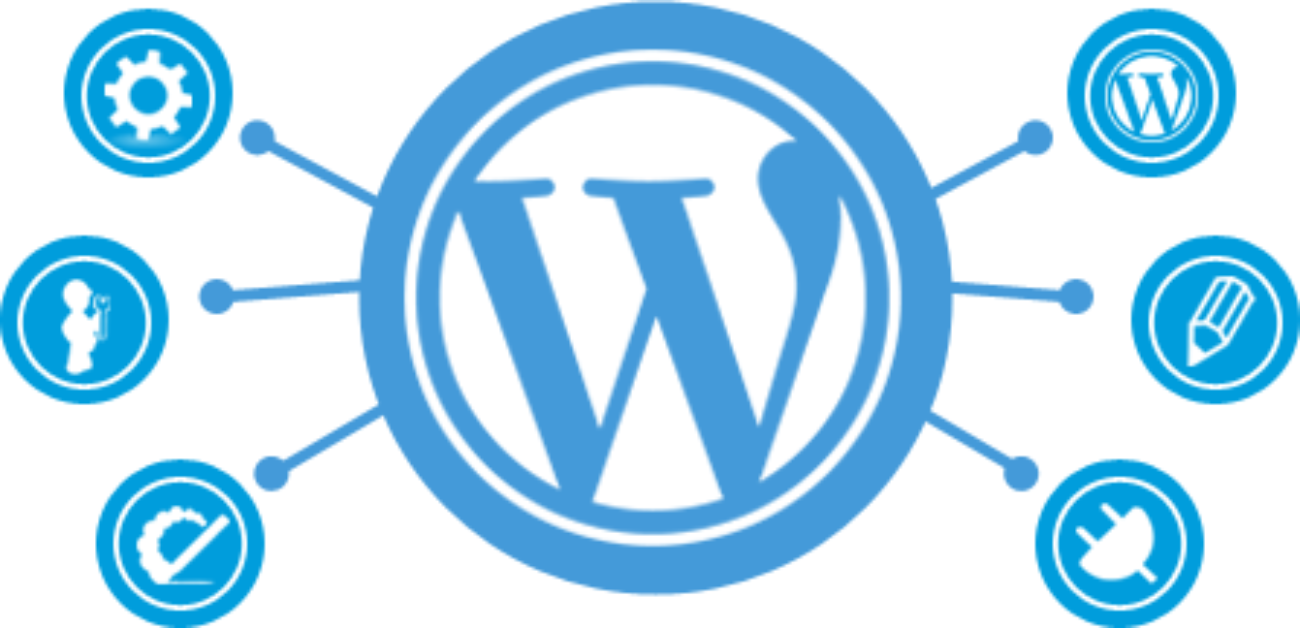WordPress, the most widely used content management system (CMS), requires regular upkeep to perform at its best. Without proper maintenance, your website can slow down, experience security vulnerabilities, and encounter unexpected downtime.
Regular WordPress maintenance services optimize your website’s speed, enhance security, and provide a seamless user experience. In this article, we’ll explore how ongoing maintenance can significantly improve your website’s performance and keep it running smoothly. At VCGA, we cover all aspects of WordPress maintenance to keep your website secure and optimized.
1. Why WordPress Maintenance is Essential for Performance
Many website owners focus on content and design but overlook the technical aspects of their site. However, maintaining your WordPress website is just as important as creating great content. Poorly maintained websites tend to suffer from:
- Slow loading speeds that drive visitors away
- Security vulnerabilities that can lead to hacking
- Outdated plugins and themes that cause compatibility issues
- Increased downtime, resulting in lost revenue and traffic
By investing in WordPress maintenance services, you can avoid these issues and ensure that your website performs at its highest potential.
2. Optimize Website Speed for Better User Experience & SEO
Website speed is one of the most critical factors for user experience and search engine optimization (SEO). If your site takes more than a few seconds to load, visitors are likely to leave, increasing your bounce rate and lowering conversions.

How Maintenance Improves Website Speed:
a. Image Optimization
Large image files are one of the biggest culprits behind slow loading speeds. Regular maintenance includes compressing and optimizing images without compromising quality using tools like Smush or TinyPNG.
b. Caching Implementation
Caching stores static versions of your website, allowing it to load faster for returning visitors. Maintenance services configure caching solutions like WP Rocket or W3 Total Cache to enhance performance.
c. Database Optimization
Over time, WordPress databases accumulate unnecessary data, such as old revisions, spam comments, and transient options. Cleaning the database regularly improves efficiency and speeds up site performance.
d. Minifying CSS, JavaScript & HTML
Reducing the size of your code files allows web pages to load faster. Maintenance services use tools like Autoptimize to minify CSS, JavaScript, and HTML.
With these optimizations, your website will load faster, improving user engagement and SEO rankings.
3. Strengthen Security with Regular Updates & Monitoring
Security is a top concern for any website owner. Since WordPress is an open-source platform, it is often targeted by hackers. Outdated software, weak passwords, and unmonitored vulnerabilities can lead to cyberattacks, data breaches, and downtime.
How WordPress Maintenance Enhances Security:
a. Updating WordPress Core, Plugins & Themes
Developers frequently release updates to fix bugs and patch security vulnerabilities. Regular maintenance ensures that all software components remain up to date.
b. Installing Security Plugins & Firewalls
Security plugins like Wordfence and Sucuri protect your website by monitoring threats, blocking malicious attacks, and performing malware scans.
c. Implementing Two-Factor Authentication (2FA)
Adding an extra layer of security prevents unauthorized access to your WordPress dashboard.
d. Performing Regular Backups
A solid backup plan ensures that your website data is safe and can be restored in case of hacking or accidental loss. Maintenance services set up automated backups stored securely in the cloud.
By proactively securing your website, maintenance services reduce the risk of cyberattacks and keep your business running without disruption.
4. Improve Website Functionality & Compatibility
WordPress websites rely on multiple plugins, themes, and third-party integrations. However, conflicts between outdated plugins or poorly coded themes can lead to broken pages, errors, or slow performance.
How Maintenance Helps with Website Functionality:
a. Fixing Broken Links & Errors
Broken links and 404 errors negatively impact user experience and SEO. Maintenance services regularly check and fix broken links to ensure smooth navigation.
b. Ensuring Mobile Responsiveness
With most users accessing websites via mobile devices, maintenance ensures that your site remains responsive and functions correctly across all screen sizes.
c. Staging Environment for Safe Updates
Before applying major updates, a staging environment allows developers to test changes without affecting the live site, preventing compatibility issues.
By maintaining website functionality, you provide visitors with a hassle-free experience that keeps them engaged and encourages repeat visits.
5. Reduce Downtime & Improve Reliability
Website downtime can cost businesses valuable traffic and revenue. Regular maintenance ensures that your site remains available and stable at all times.
How Maintenance Reduces Downtime:
- Uptime Monitoring: Maintenance services use monitoring tools to detect issues and address them before they cause major problems.
- Fixing Technical Bugs: Regular troubleshooting prevents site crashes and unexpected downtime.
- Optimizing Server Performance: Keeping your hosting environment optimized ensures fast and reliable website operation.
A well-maintained website experiences minimal downtime, ensuring that visitors can always access your content and services.
Final Thoughts
Regular WordPress maintenance is the key to a high-performing, secure, and reliable website. By optimizing speed, strengthening security, ensuring compatibility, and reducing downtime, maintenance services help you deliver a seamless user experience and improve your website’s overall success.
If you want to keep your site running at peak performance, investing in professional WordPress maintenance services is a smart decision. Don’t wait until problems arise—be proactive and schedule regular maintenance to ensure your website remains optimized, secure, and always accessible to visitors.

